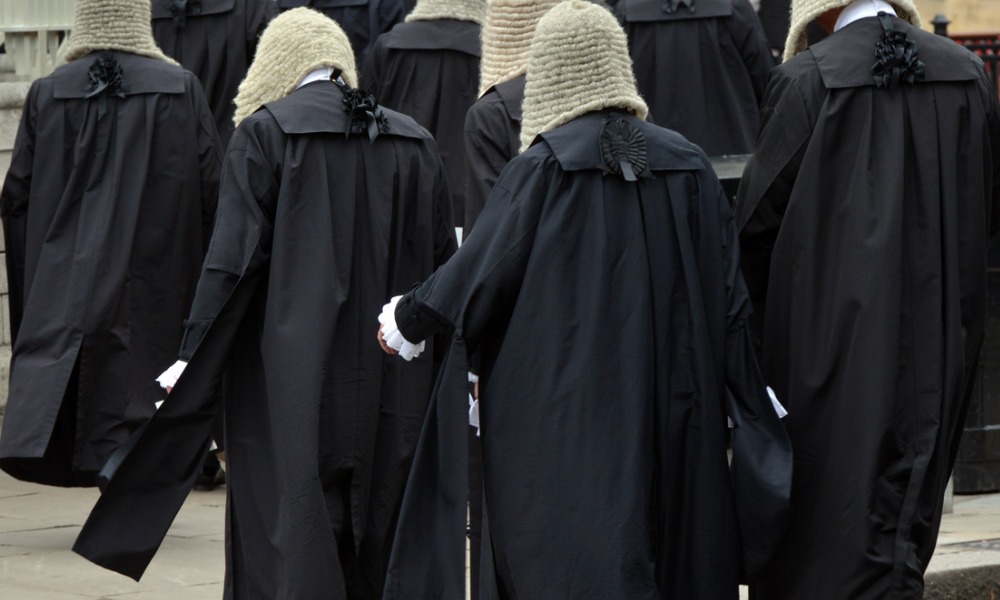
The findings show ongoing challenges in fostering an inclusive environment across the legal sector

A recent survey conducted by the Bar Council in the United Kingdom has uncovered that one in five pupils within the legal profession has encountered bullying, harassment, or discrimination, either directly or through online interactions, the Law Society Gazette reported.
Despite a slight improvement from the previous year, with a decrease of one percentage point since 2022, the findings highlighted ongoing challenges in fostering an inclusive environment across the legal sector.
The survey, which garnered responses from 173 pupils, indicated the prevalence of such negative experiences among disabled pupils, with 41 percent reporting incidents compared to 13 percent of their non-disabled counterparts. Gender disparities were also evident, as 28 percent of female respondents reported personal experiences of bullying, harassment, or discrimination, starkly contrasting with 3 percent of male respondents.
A significant proportion of the reported incidents were linked to protected characteristics, with gender (39 percent), race (30 percent), and disability (25 percent) being the most common bases for such behaviour. The survey further revealed that fellow barristers were most often identified as the perpetrators, followed by pupil supervisors and judiciary members.
On a more positive note, the Law Society Gazette reported that the survey found a growing optimism regarding the viability of a career at the bar, with 65 percent of respondents feeling confident in their future within the profession, a slight increase from the previous year. Additionally, the intention to engage in legal aid and pro bono work remains strong among the upcoming generation of barristers.
Nearly every respondent (94 percent) indicated they would “definitely” or “potentially” suggest pursuing a career at the bar, marking an increase from 73 percent in 2022.
Sam Townend KC, bar chair, said, “That 94 percent of pupils said they would recommend a career at the bar to others is wonderful news, to the credit of all barristers who give their time for free to train pupils and show real confidence in the future of the bar.”
Despite the positive aspects of pupillage experiences reported by 86 percent of respondents, the survey highlighted areas for improvement, particularly concerning the support provided to disabled pupils and those from state or non-selective schools. The Bar Council, recognizing the need for enhanced inclusivity and support mechanisms, acknowledges the efforts of organizations like Bringing [Dis]Ability to the Bar and plans to address these issues based on the survey's findings.